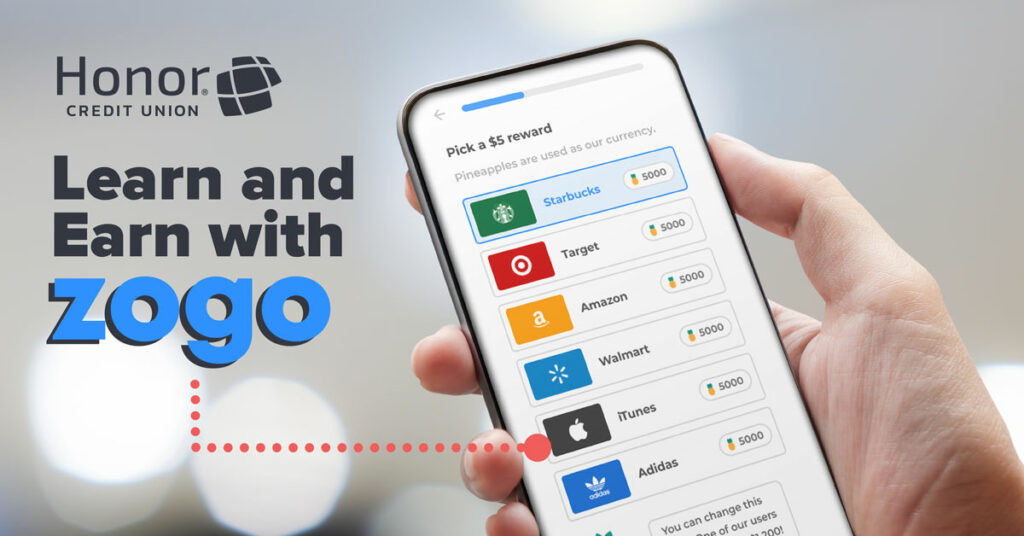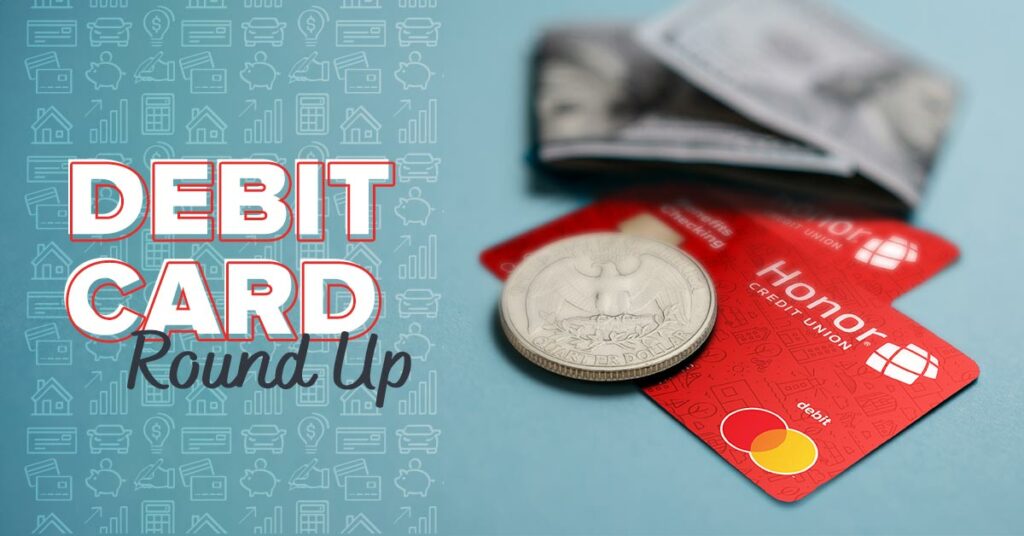Congratulations! The exams are over, you’ve received your college diploma, and have landed your first “real” job to begin your career!
This is an equally exciting and intimidating time for most young adults trying to balance their monthly budget, pay bills, begin to save money on their new salary and… most likely figure out how to start paying back their student loans.
Tracy Sanders, Honor’s Operations Manager, got ahead of her kid’s struggle by sitting down with them to share her tips on balancing a budget as soon as they entered the workforce after college.
Whether you’re fresh out of college, ten years into your career, or planning for retirement these budgeting tips from Tracy are great tools to set you on the right track to financial success.
In today’s financial arena of online banking, it’s rare to find the younger generations balancing a checking account ledger each month as the previous generations did.
So, if they aren’t balancing their finances, how can they keep their accounts in good standing while making sure all their bills get paid?
When my kids started working their first jobs out of college, I sat down to help them create their monthly budget and get them on the right track.
Here are Tracy’s tips for financial success for young adults entering the workforce.
Direct Deposit is Crucial
The first step is to set up direct deposit through your payroll. Determine your weekly, biweekly or monthly net pay, then create automatic transfers into your checking and your savings account each pay period.
Setting up your direct deposits at Honor is so easy! If you’re not already a member, check out ClickSwitch to find out just how easy it is to move recurring payments and direct deposits to your new Honor account with the click of your mouse.
Open Two Checking Accounts
One checking account will be used for bill payments, while the other stands as an account for food, entertainment, and miscellaneous expenses.
There is no need to have a debit card for your separate bill payment account. This will take away the temptation of using that money for other expenses. Any other transfers can be done from within your Honor mobile app.
Build Up Your Savings Account
Don’t forget how important saving is! Whether you are participating in the 2019 Biggest Saver Challenge or just working towards a solid emergency fund, you can’t go wrong with having extra savings.
Set your savings account up to transfer an amount your comfortable with into your savings account each time you get paid. You’ll be surprised how fast it will add up!
Take Advantage of Employee Benefits
Start using your 401K on your 1st check, if it’s available. You won’t miss it if you never had it.
Needs Come First
Create a list of what bills are due each month. (Rent, student loans, credit card, utilities, car insurance, cell, etc.). Set these up as electronic payments from your Online Bill Payment checking account.
Make a Note of Your “Wants”
Create a list of spending money. This will include groceries, haircuts, entertainment, etc.
You’ll want to have a debit card for this account because this will be for your spending money. Be sure to keep tabs on your balance by using the Honor mobile banking app.
Finalize Your Budget
Complete your monthly budget by taking your monthly base pay and subtracting your bill payments and spending money. The leftover money should go straight into your savings account.
Revisit Those Monthly Statements
Be sure to revisit your bill payment amounts periodically to make sure you are putting away enough. Utilities such as electric, water bill, etc., can fluctuate so don’t forget to transfer extra money into your bill payment account as needed.

You Can Learn & Earn Rewards With Zogo Financial Literacy App
Zogo makes learning about finances fun. As you progress through bite-size lessons you earn pineapples (XP) that can be redeemed for real gift cards. Get started today!

Use Debit Card Round Up To Build Your Savings
Learn how Honor’s free Debit Card Round Up solution can help you build up your savings by rounding up a debit card transaction to the nearest dollar.



